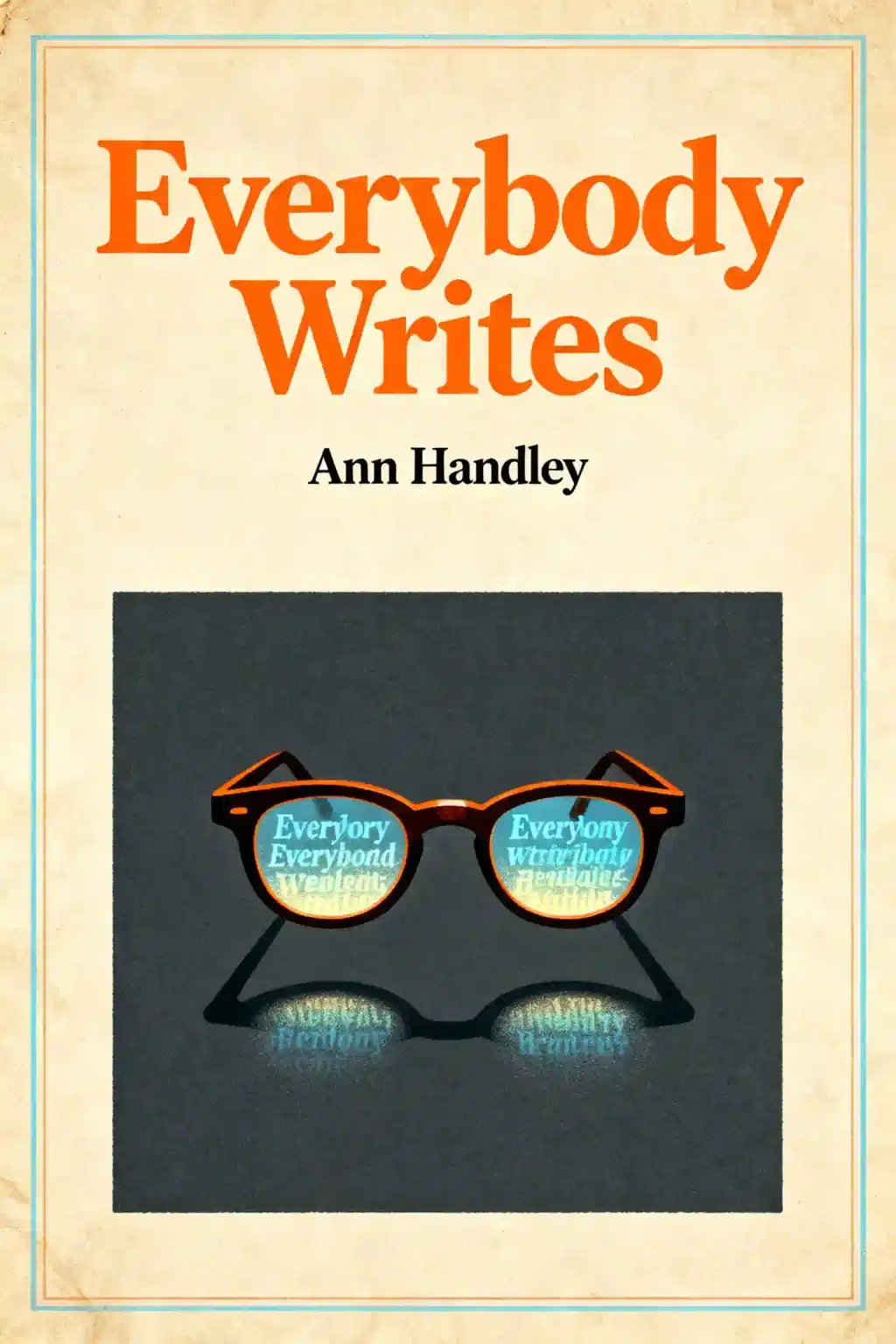What is The Grift by Clay Cane about?
The Grift by Clay Cane traces the evolution of Black Republicans from post-Civil War civil rights advocates to modern-day opportunists who prioritize personal gain over community welfare. This part-history, part-cultural analysis examines how Black Republicanism transformed from revolutionaries like Frederick Douglass to controversial figures such as Clarence Thomas and Tim Scott, exploring how political opportunism undermines Black liberation and provides cover for racist policies.
Who is Clay Cane, author of The Grift?
Clay Cane is a journalist and radio host who wrote The Grift to examine the troubling direction of contemporary politics and racial dynamics. Cane combines historical research with cultural critique to analyze how Black Republicans have shifted from their progressive origins to positions that often contradict the interests of Black communities. His work became an instant New York Times and USA Today bestseller upon publication in January 2024.
Who should read The Grift?
The Grift is essential reading for anyone interested in American political history, racial justice movements, and understanding contemporary Black conservatism. It's particularly valuable for voters seeking to evaluate political figures critically, students of African American history, and those concerned about opportunism in modern politics. The book serves readers who want to hold political leaders accountable and understand how individual ambition can undermine collective progress.
Is The Grift worth reading?
The Grift is worth reading as a timely, well-researched examination of political opportunism and its impact on Black communities. As an instant bestseller with comprehensive historical analysis spanning from Reconstruction to the Trump era, it offers crucial insights into how political figures can betray community interests for personal advancement. The book provides both historical context and a framework for recognizing and challenging grift in contemporary politics.
How does Clay Cane define "grift" in The Grift?
In The Grift, Clay Cane defines "grift" as opportunistic behavior where individuals manipulate their identities and shift political stances for personal gain at their communities' expense. This isn't about legitimate political disagreement but calculated betrayal—leveraging Black identity to advance agendas that harm Black communities while providing cover for racist policies. Cane emphasizes that grifting represents a specific pattern where Black Republicans prioritize political careers and proximity to power over the needs of Black voters.
What is the historical significance of Black Republicans in The Grift?
The Grift reveals that early Black Republicans were revolutionary civil rights advocates who pushed the Republican Party toward emancipation and liberation. After the Civil War, Black Republicanism's pillars included balanced political critique, universal civil rights, economic reinvention, and building thriving Black communities. These original Black Republicans, including Frederick Douglass, were progressives who fundamentally shaped American democracy. Cane argues that understanding this legacy makes the modern devolution even more significant.
How does The Grift explain Clarence Thomas's role in Black Republican history?
The Grift identifies Clarence Thomas as a pivotal figure who "changed the game" by becoming an anti-civil rights figure to rise through Republican ranks. Thomas pioneered the blueprint of shaming Black communities—notably characterizing his own sister as a "welfare queen"—to gain conservative approval and political power. His strategy of denying systemic racism and opposing civil rights protections became the model for subsequent Black Republican grifters. This approach prioritized individual advancement over collective Black interests.
What does The Grift say about Tim Scott's political approach?
The Grift critiques South Carolina Senator Tim Scott for consistently upholding laws detrimental to Black communities and defending failed policies like opportunity zones. Cane examines how Scott's Justice Act represented inadequate police reform that failed to address systemic racism and accountability. The book positions Scott as exemplifying modern Black Republican grift—using his position to provide cover for anti-Black policies while prioritizing loyalty to Trump over community needs. His approach contrasts sharply with the progressive legacy of early Black Republicans.
What are the key quotes from The Grift and their meanings?
The Grift features powerful quotes that illuminate political opportunism.
- "Grifting is a betrayal" emphasizes how political opportunism fundamentally undermines Black community interests.
- "All my skin folk ain't my kinfolk" highlights that shared racial identity doesn't guarantee alignment with Black liberation goals—a crucial distinction when evaluating Black political figures.
- "Grifters reap from the grift" reflects how those who compromise values for political gain achieve success at tremendous moral cost to their communities.
How does The Grift address systemic racism in Republican politics?
The Grift argues that systemic racism is embedded within Republican policies and practices, particularly regarding Black voter engagement. Cane critiques Black Republicans who downplay or deny systemic racism, suggesting such denial protects political interests over community needs. The book connects current political dynamics to historical patterns of racism, illustrating how systemic oppression continues through contemporary policies. By examining figures who provide cover for racist structures, Cane exposes how the grift perpetuates white supremacy.
What role does media play in The Grift's analysis?
The Grift examines how media platforms amplify Black Republicans who align with conservative narratives, providing them disproportionate visibility and influence. Cane critiques media representation that portrays these figures as representative of the entire Black community while ignoring diverse Black political opinions. This media coverage shapes public perception and can reinforce harmful stereotypes about Black political thought. The book argues that media's role in elevating grifters enables the perpetuation of opportunistic politics at Black communities' expense.
What does The Grift propose for the future of Black political leadership?
The Grift advocates for new Black leadership committed to genuine progress, accountability, and community-focused representation rather than individual advancement. Cane calls for unity among Black voters to challenge the status quo and demand better representation from political figures. The book outlines a plan to "emancipate our future" by exposing grifters' tactics and holding leaders accountable to the communities they claim to represent. This requires voters to distinguish between authentic advocacy and opportunistic betrayal, prioritizing collective liberation over superficial representation.














